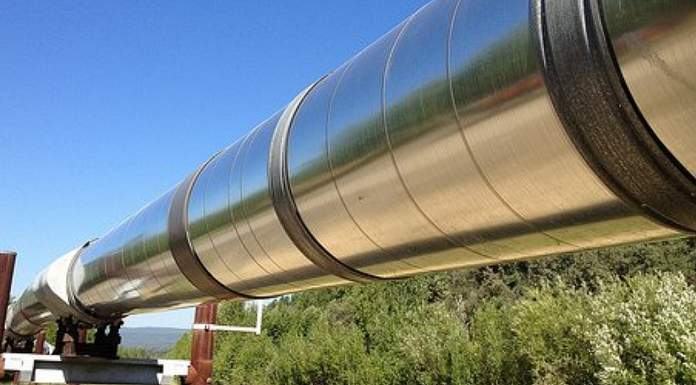‘Unfortunately, today’s announcement detrimentally impacts the Commonwealth’s access to affordable, reliable energy…’
Like many activist targets, the Atlantic Coast Pipeline has been canceled.
The 600-mile multi-state natural gas project would have created thousands of construction jobs throughout West Virginia, Virginia and North Carolina. Millions of residents would have benefited from cheap energy.
But developers Duke Energy and Dominion Energy called it quits on Sunday after years of harassment from the activist left.
U.S. Energy Secretary Dan Brouillette said in a statement the project was killed by the “well-funded, obstructionist environmental lobby.”
“The Trump Administration wants to bring the benefits of reliable and affordable energy of all kinds to all Americans,” Brouillette said. “Unfortunately, the same can’t be said for the activists who killed this project.”
Duke and Dominion were sued relentlessly. And despite winning a U.S. Supreme Court case over a critical permit last month, new lawsuits stemming from an unrelated lower court ruling threaten to further delay the project and escalate costs.
“We regret that we will be unable to complete the Atlantic Coast Pipeline,” Dominion CEO Tom Farrell and Duke CEO Lynn Good said in a joint statement.
“For almost six years we have worked diligently and invested billions of dollars to complete the project and deliver the much-needed infrastructure to our customers and communities,” they said.
Farrell and Good said they could no longer afford to invest shareholder capital in the face of open-ended litigation and execution risks, though they consistently won on the merits.
Ironically, the pipeline would have helped transition the region away from coal power, which environmentalists view as the most harmful fossil fuel.
But that appears to be lost in the near-religious quest to cancel the pipeline.
“If anyone still had questions about whether or not the era of fracked gas was over, this should answer them,” said Michael Brune, executive director of the Sierra Club.
State economic officials blasted the coordinated attack, which crushed the hopes of many working Americans in distressed parts of the three states where the pipeline would have spanned. High-paying construction jobs, boom-town business opportunities and corporate heavy machinery firms will not come to Central Appalachia.
“Unfortunately, today’s announcement detrimentally impacts the Commonwealth’s access to affordable, reliable energy,” the Virginia Chamber of Commerce said in a statement on Sunday.
“It also demonstrates the significant regulatory burdens businesses must deal with in order to operate.”

